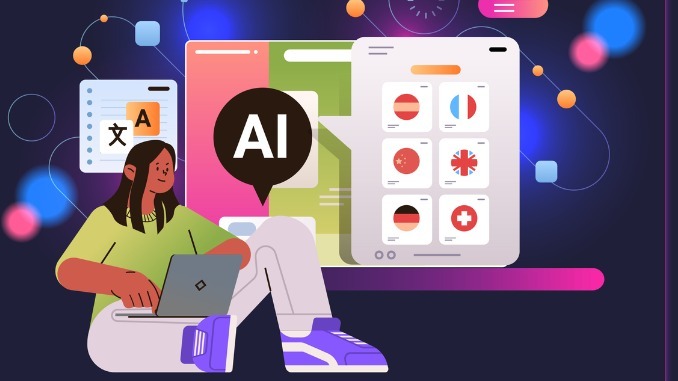
Explore how AI plays a pivotal role in cultivating responsible digital citizens within the educational sphere, ensuring students and educators are equipped for the digital age
CREDIT: This is an edited version of an article that originally appeared on ICT Evangelist
In a rapidly evolving technological landscape, school business leaders must recognise the importance of fostering digital citizenship among students and teachers. The proliferation of AI-enhanced tools has opened-up new possibilities, but it also brings ethical and practical considerations that need to be addressed.
The rise of AI in education
In the past year, the integration of AI into education has skyrocketed. From enhancing teaching and reducing workload to improving student learning, AI tools have become an integral part of the modern classroom. However, it’s not just about what we can do with these tools but also about understanding what we should not do.
The ethical dilemma
While AI offers exciting opportunities, it’s equally essential to comprehend the ethical implications. Students and staff need to grasp concepts such as bias, data usage, privacy concerns, and the broader impact on society. It’s not just a matter of ‘can we?’ but ‘should we?’.
The vital role of digital literacy
Digital literacy has expanded beyond reading and writing; it now encompasses understanding algorithms, data usage, and potential biases in AI tools. Crafting effective prompts for AI requires a blend of traditional and digital literacy skills. It’s about being a discerning consumer and producer of digital content while engaging thoughtfully with these tools.
SBLs responsibility
From promoting accessibility through AI to transforming ethical dilemmas into learning opportunities, SBLs must be the moral compass in the digital world. This requires ongoing professional development and open discussions.
The call for change
Digital citizenship is not a buzzword but a curriculum necessity. We need to teach bias detection, privacy protection, ethical considerations, and prompt design. Additionally, it’s crucial to highlight that inserting personal information into Generative AI systems goes against GDPR regulations. School leaders, teachers and students must navigate this new world responsibly.
Five steps to foster digital citizenship
- Curriculum overhaul: Incorporate digital citizenship and literacy into the core curriculum, making it as fundamental as traditional subjects.
- Teacher training: Invest in continuous professional development that focuses on the ethical and practical aspects of AI and digital tools.
- Student lessons: Regularly conduct lessons that explore real-world applications and implications of AI, including bias detection, privacy, and ethical dilemmas.
- Parental involvement: Educate parents about the importance of digital citizenship so they can support these principles at home.
- Regular audits and updates: Technology evolves rapidly, so regularly evaluate the effectiveness of digital citizenship programs and update them in line with advancements in the field.
The need for digital citizenship has never been more urgent. We are preparing students for life in a digital world that shows no signs of slowing down. This begins with cultivating a strong Digital Character, infusing digital literacy into the curriculum, and creating a community committed to ethical and responsible technology use.



Be the first to comment